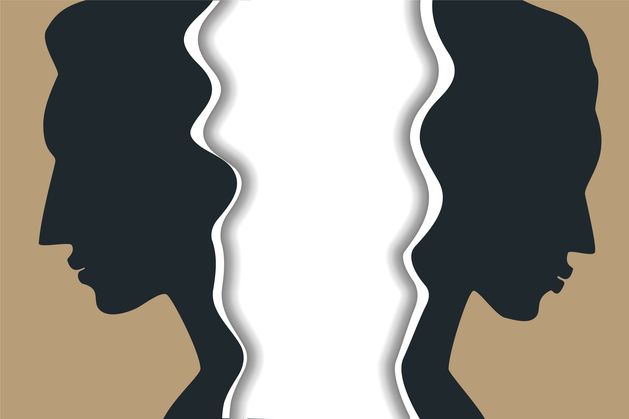
"It's natural to feel pain after a friendship ends, especially when you've shared many years and experiences. Itâs important to recognize the grieving process for friendships, similar to how we grieve other losses. Conversations can be difficult, and it might feel easier to avoid confrontation."
"While itâs possible that your friend is being polite, direct communication about feelings often leads to clearer understanding. If she shows some interest through responses, it could be worth expressing how you feel directly, offering an opportunity to address the situation."
"In your 50s, friendships may change or diminish as priorities shift. It's vital to evaluate what you want from this relationship and whether it's worth pursuing or if it's healthier to let it go."
"Remember that moving on from a friendship takes time and self-compassion; focus on your own well-being and consider engaging in new social circles where you can form meaningful connections."
In the context of friendship loss during midlife, psychologist Allison Keating emphasizes the importance of acknowledging the emotional pain associated with the end of a friendship. She encourages individuals to express feelings directly to better understand their connection. Relationships may evolve in our 50s, leading to changes in priority and social circles. Keating advises practicing self-compassion and taking time to heal, while also exploring new friendships, thus promoting personal growth and emotional well-being.
Read at Independent
Unable to calculate read time
Collection
[
|
...
]